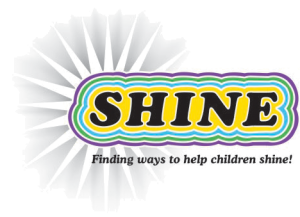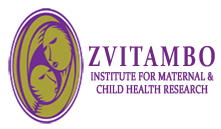
The SHINE trial was a large, cluster randomised trial carried out in rural Zimbabwe investigating whether:
-
- • improved Infant and Young Child Feeding (IYCF) would reduce stunting and anaemia among children
-
- • improved water, sanitation and hygiene (WASH) would reduce stunting and anaemia among children The SHINE interventions
The SHINE trial ICYF intervention included:
• Behaviour change modules delivered to pregnant women and mothers of infants by village health workers covering:
-
- 1. The importance of infant nutrition for infant health, growth and development
-
- 2. Feeding nutrient-dense food and 20g small-quantity Lipid-based Nutrient Supplement (SQ-LNS) daily from 6-18 months
-
- 3. Processing locally available foods to facilitate chewing and swallowing
-
- 4. Feeding during illness
- 5. Dietary diversity
-
- • 20g small-quantity Lipid-based Nutrient Supplement (SQ-LNS) to be fed to the infant daily from 6-18 months
The SHINE trial WASH intervention included:
- • Behaviour change modules delivered to pregnant women and mothers of infants by village health workers covering:
-
- 1. Safe disposal of faeces
-
- 2. Hand-washing with soap at key times3. Protection of infants from geophagia (eating soil) and ingesting animal faeces
-
- 4. Chlorination of drinking water, especially for the infant
-
- 5. Hygienic preparation of complementary foodHouseholds of pregnant women/infants in clusters randomised to this intervention also received:
- • A Ventilated improved pit (VIP) latrine built within 6 weeks of enrollment
-
- • Two hand-washing stations
-
- • A washable plastic mat and play yard to separate children from animals
- • A monthly delivery of soap and chlorine solution
SHINE_HEU briefing paper 301118 post CROI
SHINE_IYCF briefing paper 141218
SHINE_WASH briefing paper 141218b

